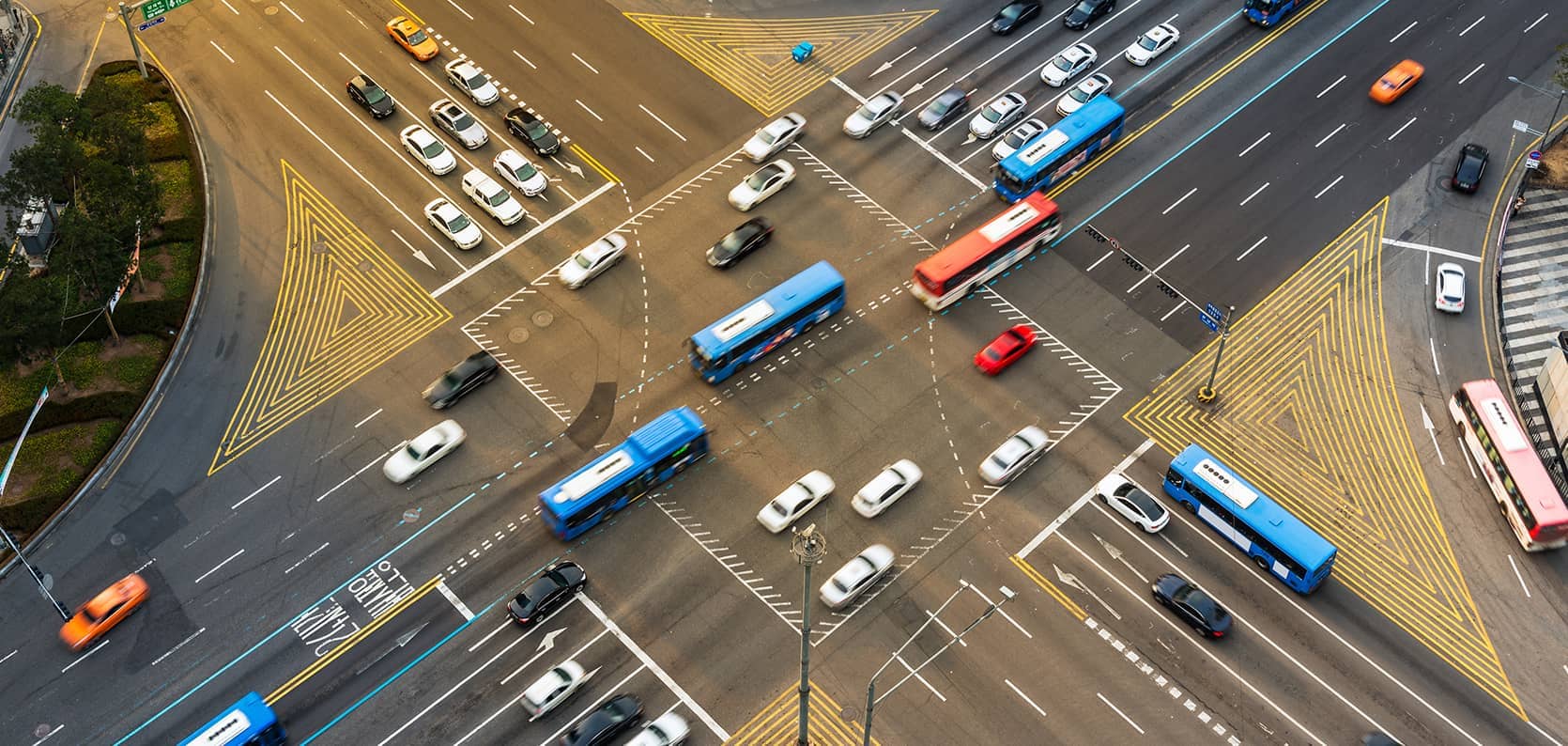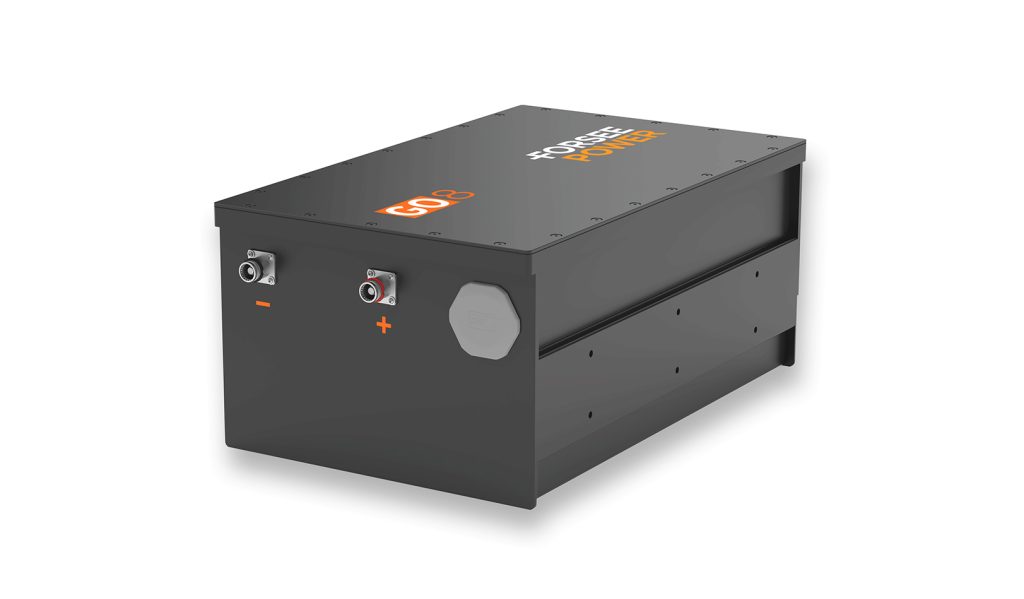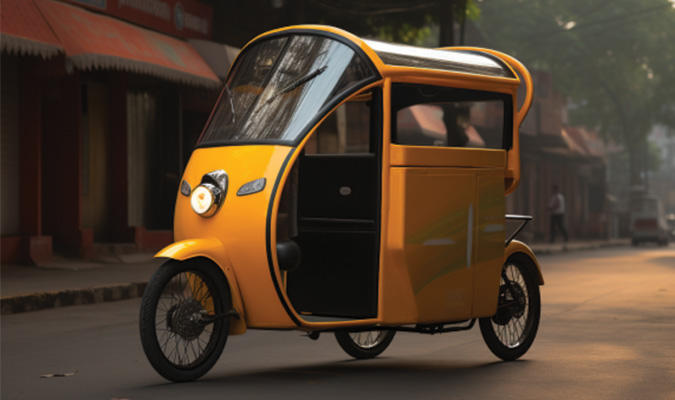What is AIS 156 certification and why is it important?
This AIS 156 certification, issued by the Automotive Research Association of India (ARAI), signifies that the LEV meets the necessary standards and requirements set by the government.
For manufacturers, it demonstrates their commitment to producing high-quality LEVs that comply with the stringent safety norms laid down by the authorities.
From a consumer perspective, AIS 156 certification provides assurance that the light electric vehicle they are purchasing has undergone rigorous testing and meets the necessary safety standards. As a major component, the battery solution must be AIS 156 certified.

Understanding the certification process
To initiate the AIS 156 certification process, manufacturers and suppliers must submit an application to the concerned authority, along with the necessary documentation. The application undergoes a comprehensive review to ensure that all required information is provided.
The certification process involves various tests and inspections conducted by authorized testing agencies (see paragraph below).
It is important to note the certification process is continuously evolving to keep pace with technological advancements and industry developments.
This ensures that the certification remains relevant and effective in promoting the growth of the Indian electric vehicle industry while ensuring the safety and satisfaction of consumers.
Overview of the AIS 156 certification requirements
The AIS 156 certification requirements encompass a wide range of safety and performance parameters that electric vehicles must meet to obtain certification. These requirements are designed to ensure the overall safety, reliability, and efficiency of electric vehicles in India.
Some of the key certification requirements include electrical safety, thermal propagation, mechanical strength and water protection, braking performance, and electromagnetic compatibility. These aspects are thoroughly tested to ensure that the electric vehicle meets the necessary standards and poses no risks to the users or the environment.
Electrical safety:
Electrical safety is a major concern for electric vehicles due to the high power of the batteries and electrical system. AIS 156 certification requires that light electric vehicles are equipped with safeguards against short circuits, overloads, and overvoltage. This ensures that electric vehicles are safe to use and maintain, reducing the risks of fire or electrical accidents.
Charging features:
AIS 156 certification also addresses aspects related to the charging of light electric vehicles. This includes requirements for charging connectors, charging times, and compatibility with public charging infrastructure. The goal is to ensure that electric vehicle users can recharge their vehicles conveniently and efficiently, which is essential for promoting the adoption of these vehicles.
Battery performance:
AIS 156 certification sets stringent criteria for battery performance, including capacity, lifespan, thermal stability, and charge management. By adhering to these standards, manufacturers ensure that their electric vehicles provide adequate range, long-term durability, and consistent performance.
Emission standards compliance:
Reducing emissions is one of the key advantages of electric vehicles. AIS 156 certification includes strict emission standards for light electric vehicles, ensuring that they are environmentally friendly. This aligns with India’s commitment to reducing its dependence on fossil fuels and combating air pollution.
In addition to safety and performance, the AIS 156 certification has also contributed to the growth of the Indian EV market. By establishing a standardized certification process, it has increased consumer trust in electric vehicles, leading to greater acceptance and adoption. This, in turn, has resulted in a surge in demand for EVs, driving the growth of the industry and creating new opportunities for manufacturers, suppliers, and other stakeholders.
Forsee Power batteries for light vehicles are AIS 156 certified
Our both GO 8 and GO 10 LFP battery solutions received AIS 156 (Amendment 3 – Phase 2) certification. It took large assistance from the R136 UNECE standard in Europe.
With the GO 8 and GO 10 batteries also complying with other stringent standards such as R10, R136 and UN38.3, Forsee Power proves once again that it is fully dedicated to delivering the safest and most reliable battery solutions to its customers independently of geographical areas.
- IP 67 rating for water and dust protection,
- Successful completion of thermal runaway propagation test without any indication of fire or explosion,
- An audible / visual warning that promptly alerts the user in the unlikely case of a thermal incident


